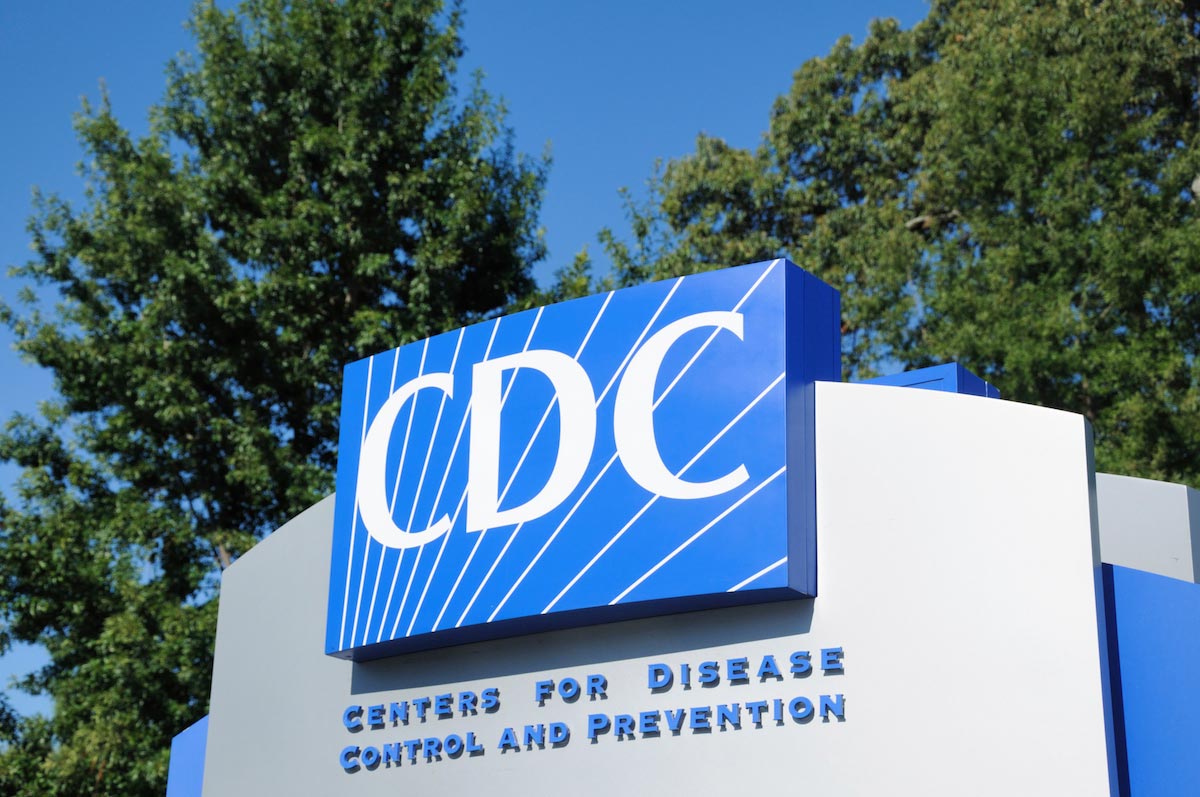
Early on in the pandemic, the manufacturer applied for an emergency use authorization (EUA) with the U.S. Food and Drug Administration (FDA). However, the regulator refused to authorize the shot after its clinical trials showed a lack of elderly people. Of the 660 vaccinated participants older than 65 in the clinical trials, only two people caught COVID-19.
In addition, concerns about blood clots caused by the AstraZeneca COVID-19 vaccine was a huge factor for the FDA's refusal to sign off on it. The resulting stalemate, which lasted for more than a year, came to an end on Nov. 10 as the vaccine maker abandoned efforts to get an EUA due to its "over-complicated" application.
"As the primary vaccination needs of the U.S. are being met already, AstraZeneca has decided that it will not submit a biologics license application for Vaxzevria," said CEO Pascal Soriot. Vaxzevria is the shot's brand name in Europe. It is sold under the name CoviShield in other parts of the world.
Soriot added: "The company will continue to focus its efforts in ensuring availability of Vaxzevria elsewhere around the world, including submissions for its use as a booster."
While the FDA did not grant approval to Vaxzevria, other regulators – such as the European Union's European Medicines Agency and Australia's Therapeutic Goods Administration – permitted the vaccine's use in their respective jurisdictions.
AstraZeneca made use of a weakened adenovirus – the pathogen responsible for the common cold – to deliver the SARS-CoV-2 spike protein and train cells to recognize it. The messenger RNA (mRNA) vaccines from Pfizer and Moderna, meanwhile, make use of mRNA inside lipid nanoparticles to deliver the spike protein in the body.
Moreover, AstraZeneca's vaccine was priced cheaper at around $3 per dose – compared to the mRNA shots priced at around $19 each.
AstraZeneca's link to blood clots contributes to its downfall
Despite EMA's provisional approval of the AstraZeneca shot, two countries in Northern Europe – Denmark and Norway – permanently suspended its use.
The Danish Health Authority (SST) announced in April 2021 that Denmark's COVID-19 vaccination program will continue without the adenoviral vector vaccine, citing "its possible link [to] … cases of unusual blood clots, bleeding [and] low blood platelet count." (Related: Denmark permanently stops rollout for AstraZeneca vaccine, citing concerns about blood clots.)
"Based on the scientific findings, our overall assessment is [that] there is a real risk of severe side effects associated with using the COVID-19 vaccine from AstraZeneca," said SST Director-General Soren Brostrom. "We have, therefore, decided to remove the vaccine from our vaccination program."
Denmark's fellow Scandinavian country Norway also announced the permanent suspension of the AstraZeneca COVID-19 from its mass vaccination program in May 2021.
"The government has decided that the AstraZeneca vaccine will not be used in Norway, not even voluntarily," said then-Prime Minister Erna Solberg during a news conference. Solberg was replaced by incumbent Prime Minister Jonas Gahr Store in October 2021.
Other European countries have also limited the use of AstraZeneca's COVID-19 vaccine on their populations. The U.S. secured up to 300 million doses of the vaccine early in the pandemic, but eventually gave them away to third-world countries.
Visit BigPharmaNews.com for more stories about AstraZeneca.
Watch "The HighWire" host Del Bigtree and co-host Jefferey Jaxen discuss the AstraZeneca COVID-19 vaccine's withdrawal in the EU.
This video is from The HighWire with Del Bigtree channel on Brighteon.com.
More related stories:
New research points to link between AstraZeneca vaccine and blood clots.
Brazil suspends AstraZeneca coronavirus vaccine following pregnant woman's death.
Thailand suspends mass vaccinations with AstraZeneca jab, in wake of blood clot deaths.
Norwegian health agency recommends banning AstraZeneca coronavirus vaccine due to blood clot risks.
Sources include:
Please contact us for more information.























